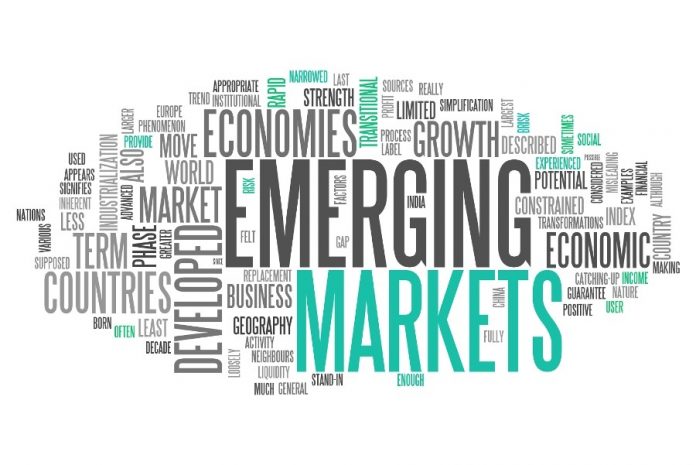Investors are punishing markets where policymakers have not done enough to stem deteriorating current-account balances, ballooning inflation and a run on their currencies.
They became unforgiving as rising Treasury yields and a stronger dollar put the case for riskier investments in the balance. Money is no longer cheap or plentiful, and low-quality investments burdened by policy baggage are being weeded out.
That is sent a gauge of emerging-market currencies toward its worst week since Donald Trump won the U.S. presidential election. Politicians and central bankers from Turkey to Argentina and Indonesia are now attempting to save their exchange rates from the bearish onslaught. Expect more frequent interventions and “emergency meetings.”
This month’s slide in currencies has been concentrated in countries with poor fundamentals
Lack of Urgency
For more than two years, developing nations had it easy as yield-chasing investors poured billions into them, sometimes ignoring weak external finances and monetary-policy complacency. Central bankers came under pressure from politicians who wanted to keep interest rates low and sustain high deficits to please voters. They had little sense of urgency to fix their economies because capital flows remained buoyant and markets always rebounded from mini selloffs.
Since the start of 2016, bond investors have put in $1.5 trillion into new debt issues by emerging-market governments and corporates. Stocks added $8 trillion in market capitalization between January 2016 and January 2018. An emerging-market exchange-traded fund has gone almost six years without a single day of outflows.
But after Treasury yields crossed the 3 percent mark in late April, something snapped in the relationship between emerging markets and global investors.
Harvard professor Carmen Reinhart points to mounting debt loads, weakening terms of trade, rising global interest rates and stalling growth as reasons for concern. In fact, developing nations are worse off than during their two most recent moments of weakness: The 2008 global financial crisis and 2013 taper tantrum, when equities endured routs of 64 percent and 17 percent respectively.
Lira’s Woes
President Recep Tayyip Erdogan, facing re-election next month, has become increasingly vocal about what he sees as a foreign conspiracy to undermine the lira and the Turkish economy.
This week, things came to a head. Even as Turkey’s currency fell to new lows against the dollar, Erdogan went to London to tell investors he intends to step up his role in swaying monetary policy if he wins the polls. Investors reacted by speeding up the lira’s selloff to a point where the central bank had to step in and say it will do what’s necessary to protect the currency.
World-Beating Rates
A mistimed relaxation of Argentina’s inflation target back in December set in motion what turned into a 23 percent tumble in the currency this year. It was forced to spend about 10 percent of its foreign reserves and hike interest rates to a world-beating 40 percent to protect its peso. While the intervention halted the plunge, the question remains whether the central bank has managed to restore its credibility.
The country has also turned to the International Monetary Fund for help.
Trade Shortfall
In Indonesia, the central bank raised interest rates for the first time in three-and-a-half years after the rupiah fell to the weakest level since October 2015. Foreign investors are net sellers of about $2.9 billion of Indonesian stocks this year, turning the nation’s equities into the worst performer in Asia. Net outflows from rupiah bonds have totalled $2.3 billion since the end of March, data shows.
The selloff also spread to dollar bonds from Indonesian issuers after the nation posted the biggest trade deficit in four years on Tuesday, fueling speculation the local currency will weaken further and push up servicing costs on international debt.
Political Uncertainty
Uncertainty, whether Brazil’s next president will continue with business-friendly measures, contributed to the real’s slump to a two-year low. A poll on this October’s elections released on Monday showed market-favourite candidate Geraldo Alckmin losing ground while support rose for leftist former minister Ciro Gomes, who has advocated for the expropriation of oil fields.
The route forced the central bank to renege on its own guidance and keep interest rates on hold Wednesday, after cutting the rate by 775 basis points since October 2016.




